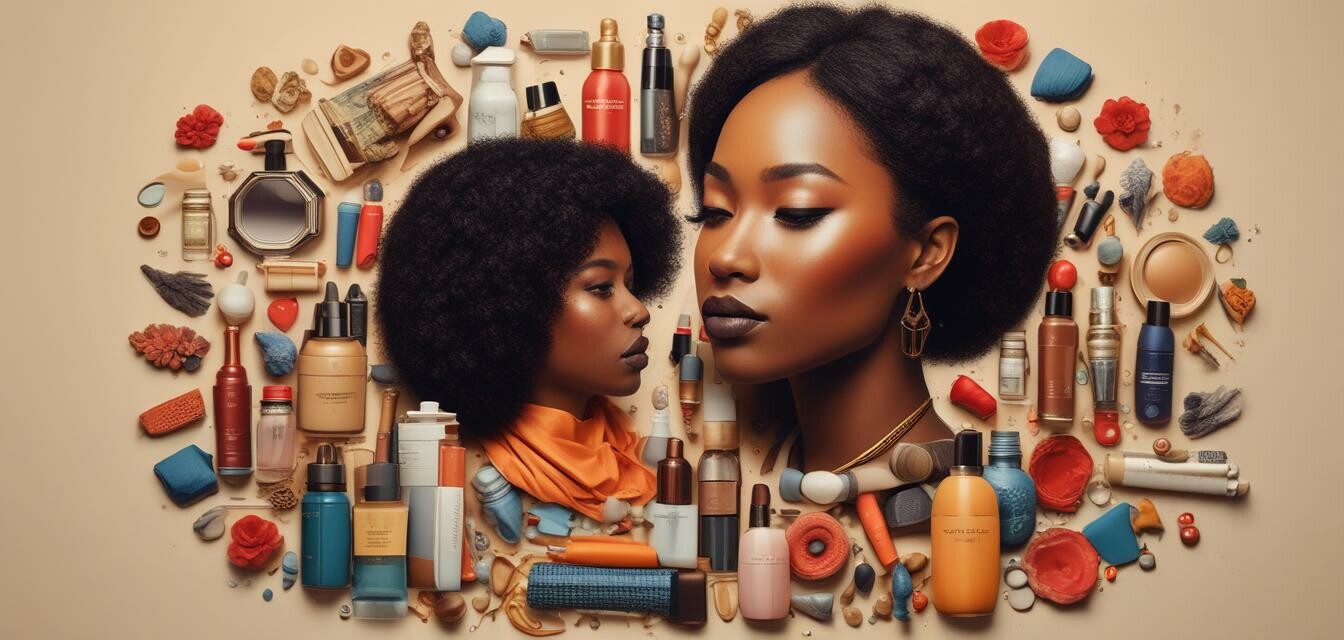
The Power of Representation: Beauty in the Media
Key Takeaways
- Representation in media significantly influences self-esteem and identity within the Black community.
- Diverse beauty narratives contribute to a more inclusive understanding of beauty.
- Empowering representation can lead to stronger personal and cultural identity.
- Engaging with various media can reshape perceptions around beauty standards and values.
- Continual advocacy for representation is essential for future generations.
The significance of representation in beauty media cannot be overstated. It holds immense power in shaping identities, self-images, and the way communities perceive beauty. For the Black community, representation goes beyond mere visibility; it’s about acknowledgment, validation, and empowerment in a world often dominated by narrow beauty ideals. In this article, we will explore how various forms of media reflect and reshape beauty standards, the importance of diverse representation, and the impact it has on self-esteem within the Black community.
Understanding the impact of beauty media
Beauty media encompasses a broad spectrum, from advertisements showcasing skincare products to social media influencers sharing personal styles. The portrayal of beauty in these platforms plays a crucial role in establishing standards and ideals that many strive to achieve. While traditional forms like magazines have historically perpetuated a limited view of beauty, the rise of digital platforms has introduced a plethora of voices and perspectives.
The history of representation in beauty media
Historically, the depiction of beauty for Black individuals was largely omitted or misrepresented. Before the digital age, mainstream media often reflected Eurocentric beauty standards, leaving many feeling invisible. The lack of representation can lead to negative self-perceptions and unhealthy comparisons. Understanding this history highlights the importance of progress that we’ve seen in recent years.
| Decade | Representation | Impact |
|---|---|---|
| 1980s | Limited representation, few models | Increased feelings of invisibility |
| 1990s | Introduction of diverse models | Slow shift in perceptions, more visibility |
| 2000s | Emergence of Black beauty influencers | Rise in self-acceptance and embrace of natural beauty |
| 2010s | Strong presence in all media types | Empowerment through representation |
Modern representation in beauty media
Today, social media platforms like Instagram, TikTok, and YouTube create spaces for vibrant conversations around beauty. Black beauty influencers have skyrocketed in popularity, encouraging their followers to embrace their natural features and redefine what beauty means. This shift hasn’t just changed trends; it has inspired a movement that embraces every shade, texture, and individual ethos.
The effects of representation on self-esteem
Increased representation in beauty media fosters a sense of belonging and acceptance. When individuals see themselves reflected in the media, it validates their experiences and beauty, which can significantly enhance self-esteem.
Stories of empowerment through representation
There are countless stories of individuals reshaping their narratives through representation. Such stories highlight personal journeys of self-acceptance, where beauty is not merely an aesthetic but a celebration of history, heritage, and individuality.
Pros of representation in beauty media
- Encourages diversity and acceptance of various beauty standards.
- Empowers individuals to embrace their unique features.
- Promotes positive self-image and reduces internalized racism.
- Gives visibility to often overlooked cultures and communities.
Cons of representation in beauty media
- Tokenism can happen, leading to exploitation rather than genuine representation.
- Some campaigns may still misrepresent or stereotype communities.
- Beauty standards continue to evolve, and some may still feel left out.
The future of beauty media representation
The fight for representation is far from over. As beauty standards continue to evolve, so must the commitment to showcasing diverse narratives. It is essential for advocates, influencers, and brands to support inclusivity actively. By prioritizing representation, we can help future generations to navigate their beauty journeys with confidence and pride.
Steps to advocate for representation
- Support brands that promote diversity in their campaigns.
- Engage with and uplift Black beauty influencers and creators.
- Advocate for inclusivity within beauty products and services.
- Educate others about the importance of diverse beauty narratives.
Conclusion
Representation in beauty media is a powerful catalyst for change. It empowers individuals to embrace their true selves and creates an environment where diversity is celebrated. As we move forward, let us continue to engage with media that uplifts every shade of beauty and fosters a culture of acceptance and love within our communities.
If you're interested in exploring more about beauty tips tailored specifically for the Black community, check out our sections on Body Care, Haircare, and News and Trends. These resources provide insights and recommendations that embrace the uniqueness of your beauty.